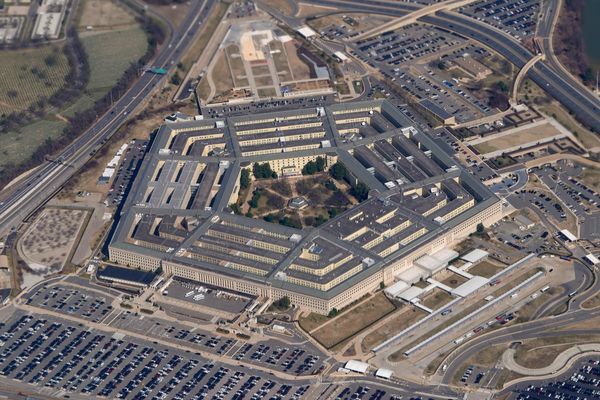Arsenal have confirmed that Mikel Arteta’s assistant Steve Round has left the club by mutual consent.
Round has been at the Emirates since Arteta’s appointment in 2019 and has been credited in playing a key role in the club’s resurgence. However, in an email to staff from Sporting Director Edu, Round’s departure was confirmed.
The email reads: "As preparations for the new men’s season get underway we can confirm Steve Round has left the club by mutual agreement. Steve joined the club as part of our new coaching staff in December 2019 when Mikel started his role as Head Coach.
"During his time with us, Steve played an integral role working with our men’s first team players and helping the significant progress which we have made in recent seasons. We thank Steve for his contribution to Arsenal Football Club and wish him and his family all the best of health and happiness."
It is understood that Round’s role had been reduced in recent months and Albert Stuivenberg will remain in place as another assistant. It has not yet been clarified whether a replacement will be appointed.
Round first encountered Arteta during the Gunners boss’ time as a player at Everton, where he served on David Moyes’ staff. He has also worked at Manchester United, Newcastle and before Arsenal served as Aston Villa’s technical director.
Speaking in April of last year, the 52-year-old explained what his position entailed on a day-to-day basis: “My role as part of the coaching staff is first and foremost to assist the manager in coaching the team and to help coach positional units and individuals within the squad.
“The crux of everything we do is to try to help the team win on a matchday. So I’m there to support the manager, to challenge the manager’s thinking and to share my knowledge as best I can. My aim is to help the team win but as well it’s to help the players and staff improve, and that’s the essence of coaching.”
He added: “Then on a matchday it’s about helping prepare the team, whether that’s through individual conversations, unit meetings or supporting the manager on his team meeting. It’s about helping to formulate game plans and tactical structure to give the team the best possible information to help them be successful.
“Once the game starts you move into more of an analytical role. How can we make a difference tactically or technically? Do we need subs? How and what are the opposition doing? It’s all about observing as much as you can.”







